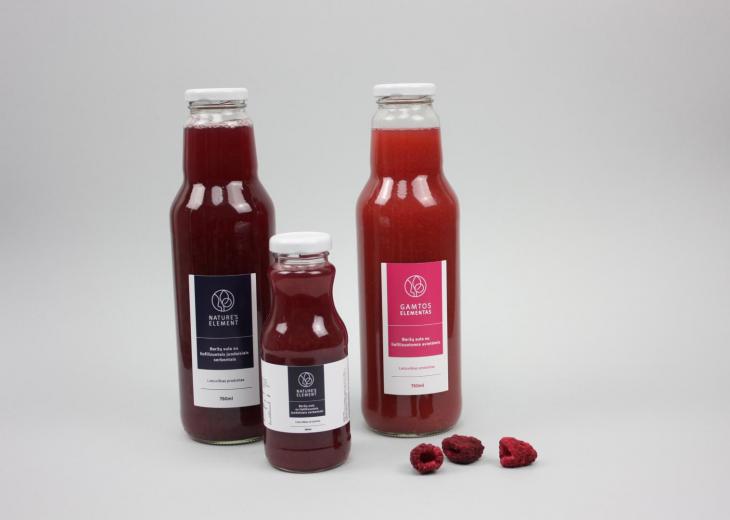Cluster supports innovative Lithuanian food manufacturers
Lithuania’s National Food Cluster (NAMŪK) participates in the InoLink project, which is implemented by the Agency for Science, Innovation and Technology (MITA) together with the Lithuanian Innovation Center.
The project aims to promote merging companies into clusters, increasing the maturity of clusters and promoting growth and international cooperation. Founded in 2006, the National Food Cluster (NaMŪK) is funded by the European Regional Development Fund (ERDF) and currently has 25 members.
Its key task is creating exclusive and innovative higher value-added products from local raw materials. In collaboration with researchers and with each other, member companies apply the latest food production technologies, expand their product line and develop new products. NaMŪK promotes digitisation whilst supporting circular economy principles and competitiveness.
"To maintain [their] current position and compete worldwide, innovation is essential for traditional industries. Besides regular products, there is a growing demand for high-quality healthy ones based on innovative solutions. Thus, National Food Cluster with a bronze label of cluster management excellence is a great example of how science-business cooperation changes the Lithuanian food manufacturing industry," says Jolita Razumienė, Head of the Inolink project coordinated by MITA.
Cluster leader Dr. Česlovas Bobinas says that the partnership between science and business at NaMŪK goes both ways: "The science offers new ideas to companies, and entrepreneurs approach researchers with requests to find solutions to specific problems. A rare project does without both the Open Access Centre and the Laboratory of Biochemistry and Technology of the Lithuanian Research Centre for Agriculture and Forestry (LAMMC)".
Examples of innovation in the Lithuanian food industry:
- The Open Access Centre for Modeling of Fruits and Vegetables Processing Technologies helps to bring the latest scientific knowledge into practice.
- An oat drink produced by JSC Innofoods has entered the Lithuanian market. The company applied for Inostart and received funding to research the development of a fermented beverage. Support, sharing of knowledge and good practices are the main advantages of participating in the cluster.
- Dangaus Pupos offers an alternative to starch-based thickeners and synthetic additives. Participation in the cluster helps to promote products and increase awareness in short circuit projects.
- The small cluster member Ekosula collects sap that meets ecological needs. The company used InnoVouchers and researched ozone treatment to find an alternative to keeping organic birch sap obtained in industrial refrigerators.
- One of the oldest members of the cluster – the family business Rūta. JSC Rūta – seeks innovative solutions and chooses non-traditional, mostly local raw materials. The challenges of the 2020s and cluster initiatives led the company to digitise and create an e-shop.
Read the full article here.
